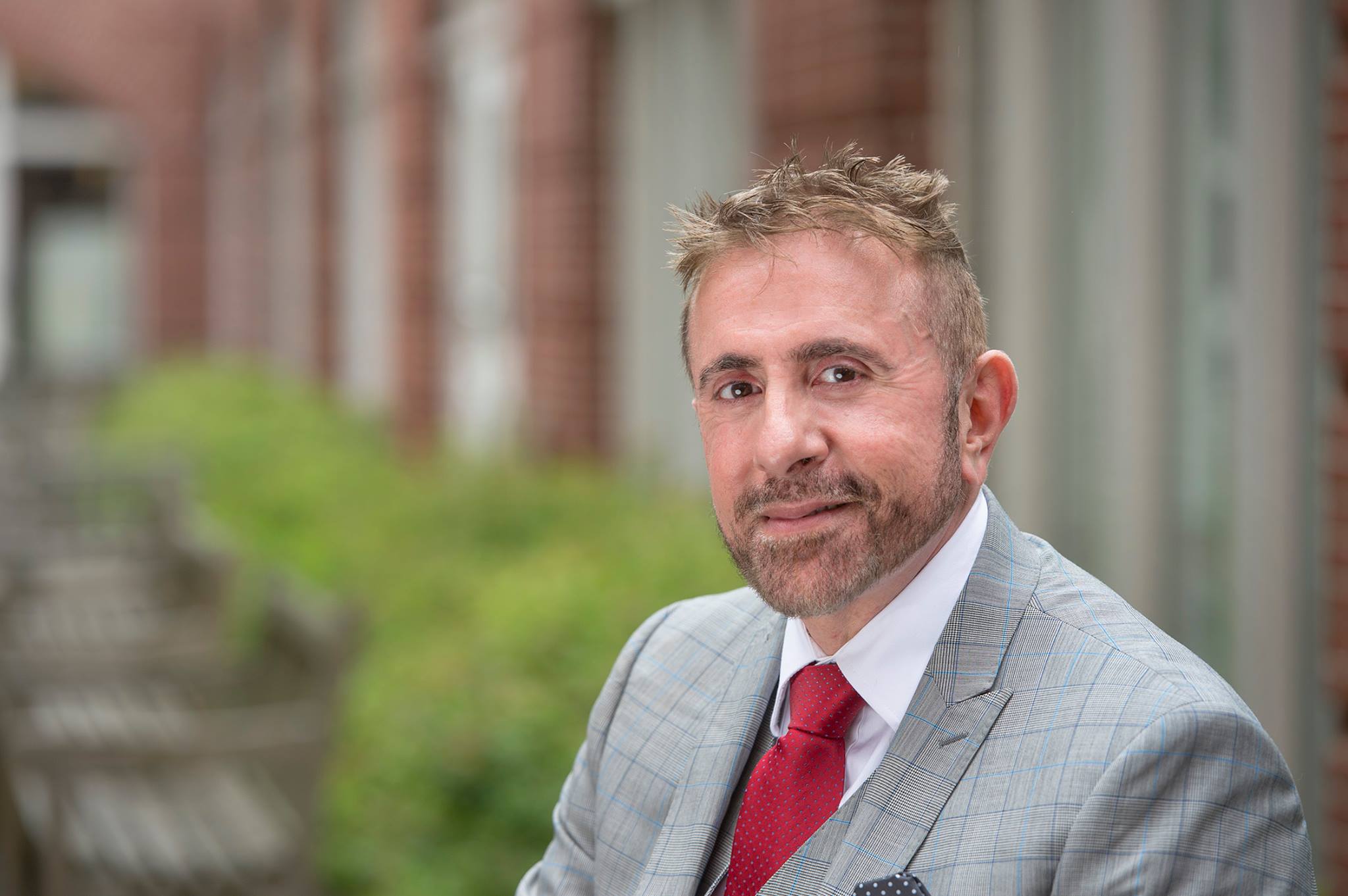Source – https://dailytargum.com/
Perry N. Halkitis, dean of Biostatistics and Urban-Global Public Health in the Rutgers School of Public Health, will receive the Hyacinth Award from the Hyacinth Foundation, according to a press release.
The award, meant to honor those who have been advocating for people living with HIV, will be given to Halkitis at the Hyacinth Foundation’s 35th Anniversary Virtual Celebration next Saturday, according to the press release. He said he dedicates his award to the memory of five important people in his life that he lost to HIV during the first two decades of the epidemic.
“Receiving this award means the world to me,” Halkitis said. “I have been doing HIV behavioral research, education, advocacy (and) activism for almost all of my adult life.”
For three decades, Halkitis has researched the intersection between HIV and other sexually transmitted diseases, drug abuse and mental health burden as well as the biological, behavioral, psychosocial and structural factors that predispose the LGBTQ population to these health disparities, among others, according to his website.
Halkitis’s work also focuses on translating this knowledge into interventions to reduce these disparities, such as delivering health care services to gay men within their communities, according to the Rutgers School of Public Health website. His work is being enacted in large urban centers in the U.S., including Newark, New Jersey.
Halkitis is the founder and director of the Center for Health, Identity, Behavior and Prevention Studies, a training site for the next generation of scholars seeking to improve the health of the LGTBQ community, according to the Rutgers School of Public Health website.
“People who are living with HIV are not just a vessel for HIV,” Halkitis said. “They are complex organisms who have complex lives, and so we have to attend to all aspects of their lives if we’re really going to help bring an end to AIDS, and also to prevent further infections.”
He said he has doubts that the U.S. can bring an end to AIDS by 2025 despite the federal administration’s efforts because medications alone are not enough, and discriminatory laws need to change due to their function in perpetuating HIV. Halkitis said he will continue to do work on HIV until the U.S. brings an end to the disease.
“I am dedicated to fighting this disease,” he said. “I am dedicated to fighting the discrimination that HIV positive people face. I am dedicated to advocating for policies that helped us to prevent the further spread of HIV. I think any good public health researcher, any strong public health researcher, has to also be an advocate and an activist because politics and public health are intimately tied to each other.”
